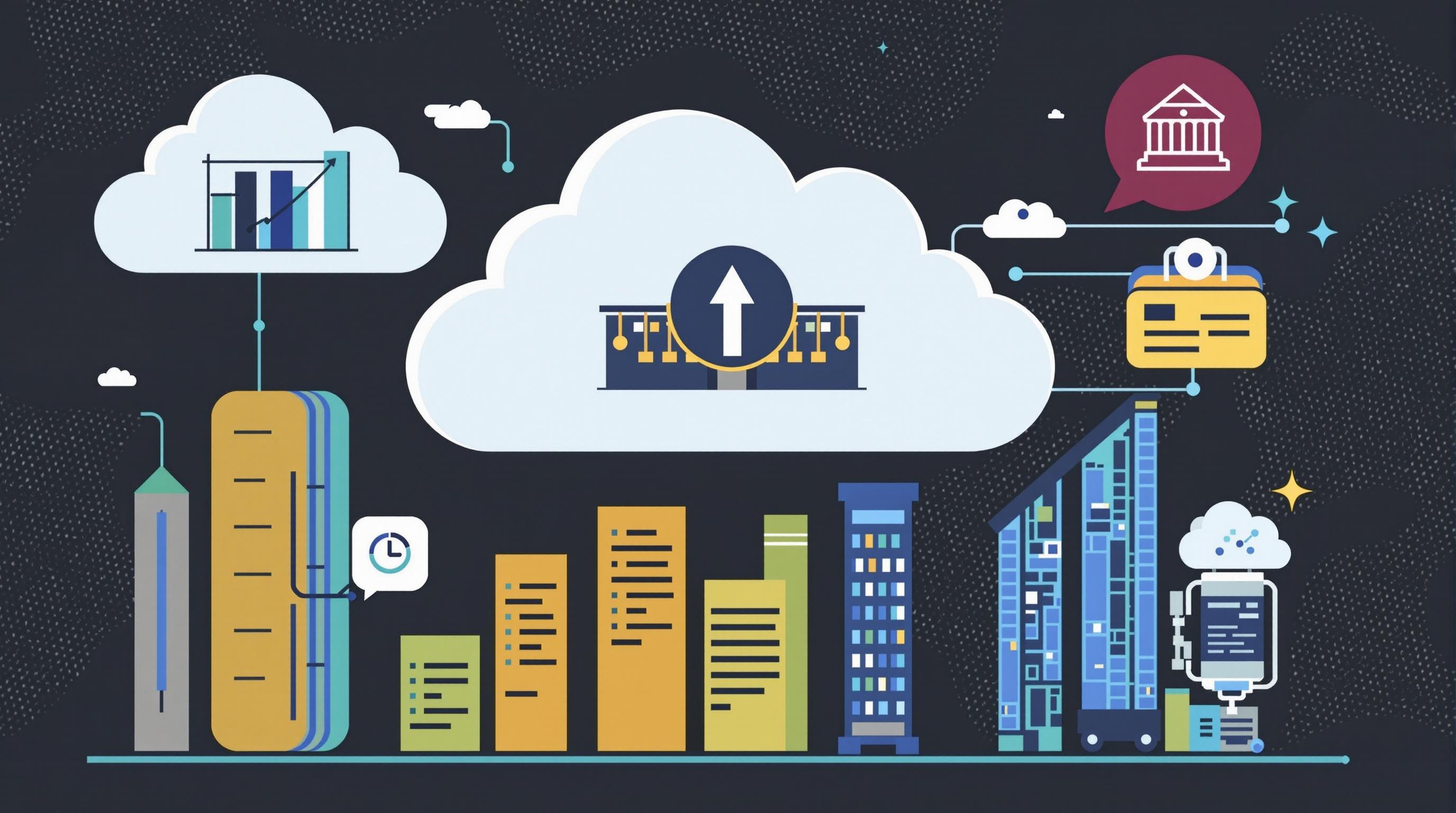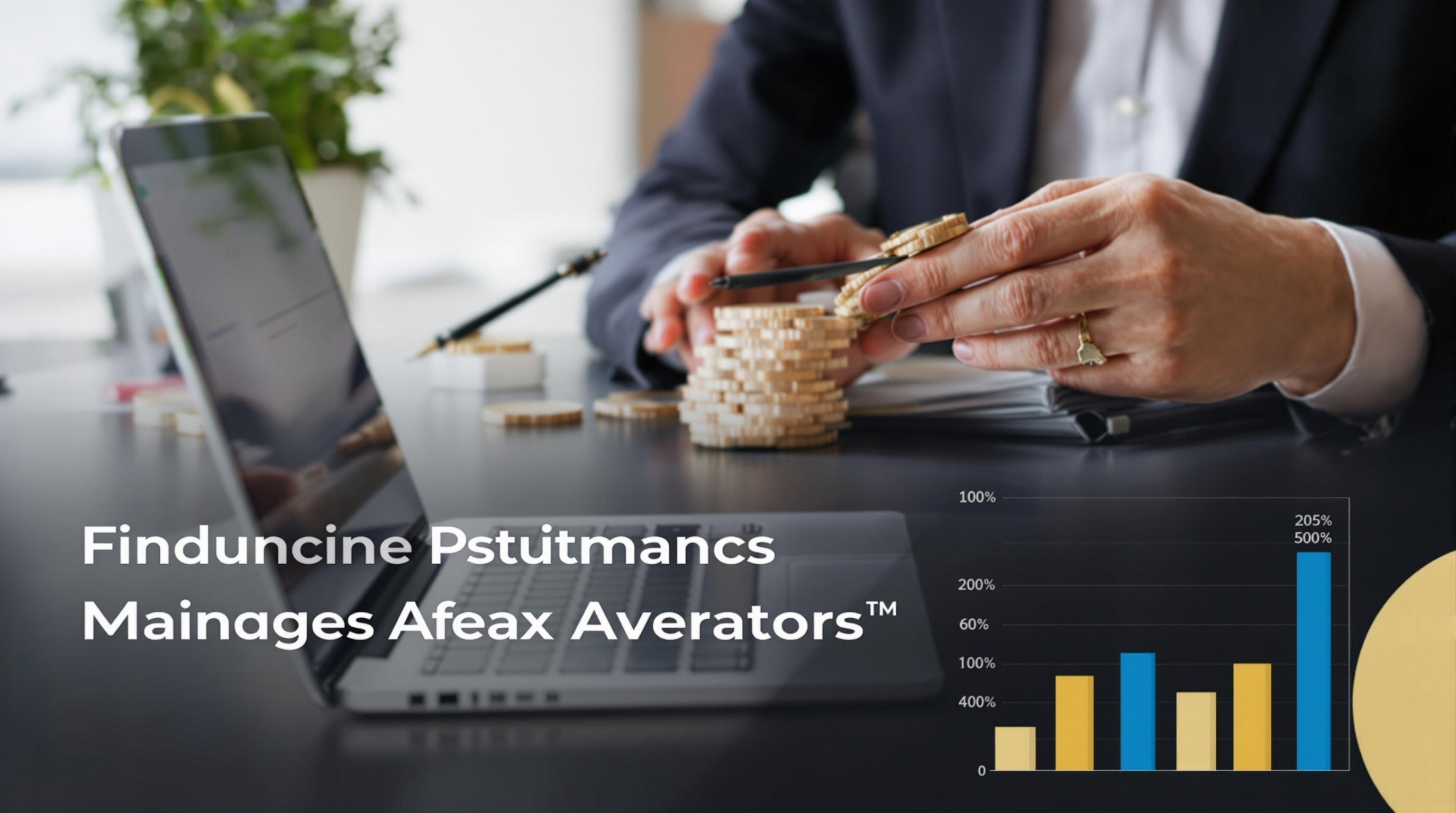Related Articles
- How Emotional Spending Biases in Leadership Can Influence Company Financial Transparency and Accountability
- Unveiling the Role of Employee Psychology in Shaping Unexpected Business Budget Outcomes
- Top 6 Disruptive Invoice Platforms Launched Since 2019 Tackling Automation Bottlenecks in Unconventional Ways
- Top 6 Smart Accounting Softwares Since 2019 That Revolutionize Tracking Business Tax Write-Offs
- The Rise of Biometric Authentication in Digital Finance: A New Frontier for Secure Business Transactions
- How Small Nonprofits Leverage Alternative Finance Tools to Navigate Accounting Challenges Off the Radar
5 Critical Data Privacy Myths About Business Cloud Accounting Busted for CFOs and Compliance Officers
5 Critical Data Privacy Myths About Business Cloud Accounting Busted for CFOs and Compliance Officers
5 Critical Data Privacy Myths About Business Cloud Accounting Busted for CFOs and Compliance Officers
Myth 1: Cloud Accounting Lacks Strong Security Compared to On-Premise Systems
A common misconception among CFOs and compliance officers is that cloud accounting solutions are inherently less secure than traditional on-premise systems. Many believe that storing financial data off-site increases the risk of breaches and unauthorized access. However, the truth is that reputable cloud providers invest heavily in state-of-the-art security measures, often surpassing those of many on-premise setups.
Cloud platforms use robust encryption techniques during data transmission and storage, multi-factor authentication, and continuous monitoring to protect sensitive data. According to a report by Gartner, cloud providers implement regular vulnerability assessments and adhere to strict security protocols to maintain compliance with regulations like GDPR and SOC 2.
Furthermore, cloud accounting services have dedicated security teams that respond swiftly to threats, whereas on-premise systems depend heavily on internal IT staff who may be stretched thin. The scalability and constant updating of security practices in cloud environments provide CFOs with enhanced data protection that traditional systems may lack.
Myth 2: Cloud Accounting Violates Data Privacy Regulations
Many compliance officers worry that moving financial data to the cloud could result in non-compliance with data privacy laws such as GDPR, HIPAA, or CCPA. This fear often stems from a lack of clarity about where data is stored and how it is managed. In reality, compliance depends on choosing cloud providers that meet or exceed regulatory requirements.
Cloud vendors typically offer built-in compliance features and provide documentation to help businesses meet legal obligations. They undergo regular audits and certifications to demonstrate adherence to privacy frameworks. For instance, Microsoft Azure and Amazon Web Services maintain certifications for HIPAA, GDPR, and SOC 2 among others.
Businesses retain control over their data and can implement policies to manage data access and retention. Compliance officers need to collaborate with cloud service providers to understand data flows, conduct risk assessments, and establish governance controls, ensuring legal compliance remains intact.
Myth 3: Cloud Accounting Data is Inaccessible During Service Outages
Another prevalent concern is that cloud service downtime could leave CFOs and compliance officers unable to access critical accounting data exactly when they most need it. While outages do happen, reputable cloud providers architect their systems for high availability and disaster recovery, minimizing downtime.
Cloud providers typically run on multiple redundant data centers across various geographic locations. This architecture ensures that if one data center experiences issues, another can seamlessly take over to maintain service continuity. For example, AWS and Google Cloud boast uptime SLAs exceeding 99.9%.
Moreover, many cloud accounting platforms offer offline functionality or sync capabilities, allowing users to continue working during brief interruptions. Automated backups and recovery protocols further protect against data loss, providing CFOs with reliable access to information even during unforeseen events.
Myth 4: Using Cloud Accounting Means Losing Control Over Your Data
Some CFOs feel that entrusting their financial data to a cloud provider entails relinquishing control over how it is used or shared. This myth can create hesitancy around cloud adoption, despite the benefits offered. In truth, businesses maintain ownership of their data and set strict permissions within cloud platforms.
Cloud accounting solutions are designed with granular user access controls, audit logs, and role-based permissions to ensure that only authorized personnel can view or modify data. Data sovereignty remains with the business, and cloud providers operate under contractual obligations not to misuse or distribute customer data.
Additionally, compliance officers should review service agreements and data processing addendums to confirm data handling policies. Transparency from cloud vendors around data use, combined with internal governance practices, ensures the CFO’s ability to maintain control and comply with privacy standards.
Myth 5: Migrating to Cloud Accounting is Too Risky for Financial Data Privacy
Concerns about data migration risks often prevent CFOs from transitioning to cloud accounting. These include fears of data loss, corruption, or exposure during the transfer process. While migration involves challenges, proper planning and expert execution mitigate these risks effectively.
Cloud providers and experienced consultants use tools and methodologies such as encrypted data transfers, data validation, and incremental migration to ensure data integrity throughout the process. Pre-migration assessments identify sensitive information and compliance checkpoints to protect privacy.
After migration, rigorous testing and audits verify that all data has been securely transferred and is accessible only to authorized parties. When combined with comprehensive security protocols, these steps affirm that moving financial data to the cloud can be both safe and beneficial for long-term privacy and operational efficiency.
Bonus: Importance of Continuous Monitoring in Cloud Accounting Privacy
CFOs and compliance officers should recognize that adopting cloud accounting is not a set-and-forget solution. Continuous monitoring of data access, anomalous activity, and compliance status is essential to uphold privacy and security over time.
Most cloud platforms offer monitoring tools and dashboards that enable real-time visibility into data usage and potential threats. Additionally, integrating these tools with internal security information and event management (SIEM) systems enhances proactive risk management.
Establishing a culture of ongoing privacy audits, user education, and incident response readiness ensures that any deviations or breaches are quickly identified and remediated, maintaining trust in cloud accounting systems.
Benefits of Cloud Accounting Beyond Privacy and Security
Beyond dispelling myths about data privacy, cloud accounting offers CFOs and compliance officers numerous advantages. These include improved scalability, real-time financial insights, and streamlined audit processes that enhance organizational agility.
Cloud solutions enable integration with other business applications, facilitating automated workflows and reducing manual errors. Enhanced collaboration is possible as multiple stakeholders can access updated financial records regardless of location.
These operational benefits complement strong privacy and security measures, making cloud accounting a compelling choice for forward-thinking financial departments.
Selecting a Trustworthy Cloud Accounting Provider
Choosing a cloud provider with strong credentials is vital to maintaining data privacy in financial operations. CFOs should evaluate vendors based on security certifications, compliance records, service level agreements, and customer support capabilities.
Additionally, assessing transparency policies, incident response protocols, and data location options helps ensure alignment with company priorities and regulatory requirements. Engaging providers who are willing to collaborate and customize privacy controls strengthens this partnership.
References such as Gartner's Magic Quadrant for Cloud Financial Management Solutions can guide decision-makers towards leading and reputable cloud accounting platforms.
Training and Change Management for Cloud Adoption
Data privacy in cloud accounting also depends on how organizations manage internal change. CFOs and compliance officers should invest in employee training programs focused on data handling best practices and cloud security awareness.
Clear policies around password management, device use, and reporting suspicious activity reduce the likelihood of human errors or insider threats. Change management initiatives that communicate benefits and address concerns promote user adoption and data stewardship.
Empowering teams with knowledge and tools supports an organizational culture where privacy is a shared responsibility, further safeguarding cloud financial data.
Final Thoughts: Embracing Cloud Accounting Without Compromising Privacy
Cloud accounting offers transformative opportunities for financial management but is often clouded by myths around data privacy. By understanding and debunking these misconceptions, CFOs and compliance officers can confidently adopt cloud solutions that meet security and regulatory demands.
Engaging with reputable vendors, implementing robust governance, and fostering a culture of continuous vigilance ensure that privacy is protected at every stage, from migration through ongoing operations. This approach empowers finance leaders to leverage cloud technology as a strategic asset rather than a source of risk.
As cloud accounting continues to evolve, staying informed and proactive will remain essential for aligning innovation with trusted data privacy practices.




